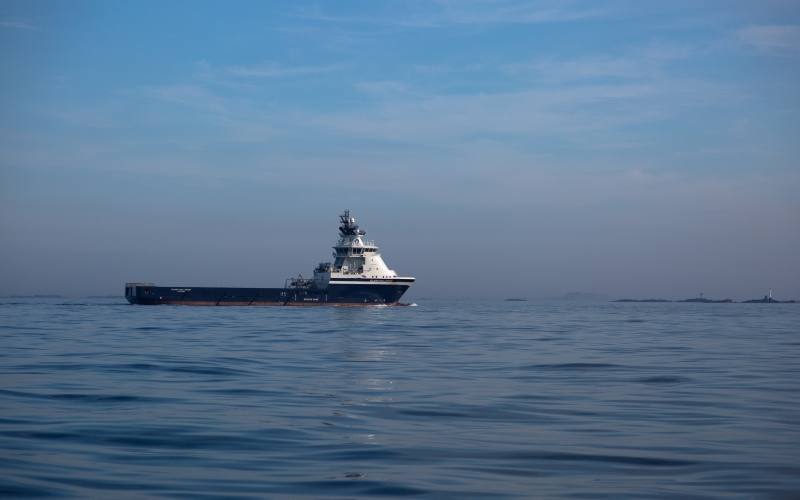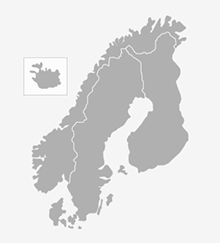AI and machine learning in the form of feedback and student-adapted simulator training can be a good help in maritime education. VTI is involved in the four-year EU project i-MASTER, Integrating Adaptive Learning in Maritime Simulator-Based Education and Training with Intelligent Learning System.

From Sweden, the University of Gothenburg is also participating in the European consortium which consists of eight organizations led by the University of Tromsø. The budget is approximately EUR 3.3 million, of which VTI will receive just under ten per cent. The goal is to develop an intelligent supervisory and learning system through simulator training and to increase the accessibility and personalization of the educations through knowledge from computer science, psychology, pedagogy, cognitive science and design.
The Covid-19 pandemic made it much more difficult to carry out practical exercises in maritime education and indicated that there was a need for other forms of training, says Martina Odéen, research assistant at VTI who will also be working with i-MASTER. The aim is to improve the efficiency and accessibility of simulator training in maritime education in the European higher education sector. With the help of AI, it can be easier to adapt the level of education and make the education more flexible for the student. How to set up interactive training via educations on the Internet, is something that the partners in Germany and Belgium primarily have addressed. VTI compiles a literature review, including the training methods that are available today in other sectors.
“It is interesting to investigate what is being done in healthcare, especially within the field surgery. We can learn from them, especially when it comes to learning methods with adaptive feedback, where it is possible to change the level of difficulty depending on how well the student performs,” says Martina Odéen.
The project will investigate how AI-driven intelligent tutoring and learning systems can integrate data generated from physical and virtual simulators as well as through so-called, eye-tracking systems. In addition to Martina Odéen, several employees from VTI are participating in the project: Research Manager Joakim Dahlman, Senior Researcher Gesa Praetorius, researcher Anders Andersson and research assistant Linn Englund.
“The project is important for VTI. Not only because our maritime research also incorporates an EU project, but also because it brings together researchers from the institute’s various research disciplines that relate to common issues. VTI, as an institute that covers all modes of transport, thus gets the chance to transfer knowledge from other modes of transport to shipping. The project will also have a direct effect on the education of new naval officers, where new, more objective tools for assessing capability have been neglected,” says Joakim Dahlman.
Text: Gunilla Rech
Joakim Dahlman – Research Director – joakim.dahlman@vti.se






Follow us: